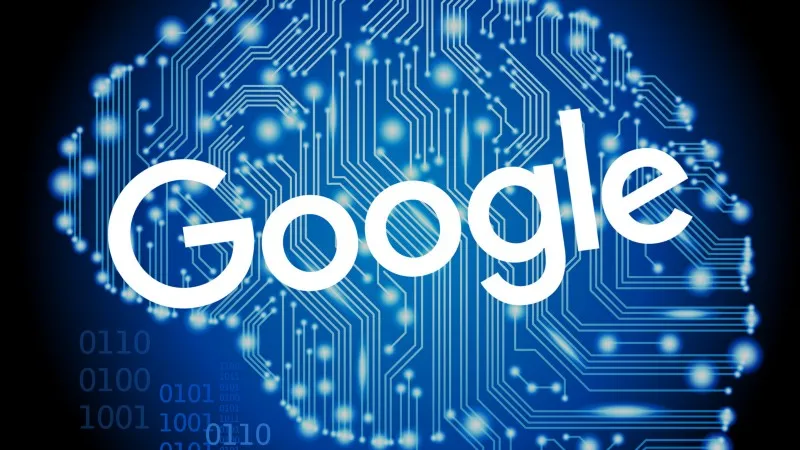We have news again of those that show us that technological advances can help science and medicine, which is the same as saying that technology can help watch for people's health, something we love.
On this occasion the protagonist is Google, a company whose incursions in the field of medicine proliferate more and more, as also demonstrates its commitment to electrical impulse medicine.
Now the Mountain View company has released an advance that is developing with its artificial intelligence.As we found in Engadget, Google experts have been understanding how diabetic retinopathy works with a view to getting their artificial intelligence to detect it.
Key diagnosis
Diabetic retinopathy is a problem well known to many diabetes patients.It is a complication produced when the disease damages the blood vessels of the retina and can lead to patient blindness.The main problem is that it is quite difficult to find, so that when detected it is usually too late to act against it.
The progress proposed by Google researchers is to teach artificial intelligence to detect symptoms and perform a preventive diagnosis.As some will already be imagining, this whole process is and will be possible thanks to the Deep Learning technique.
At the moment, artificial intelligence has put to work with a set of 128,000 images of patients, which have also been examined by a group of between 3 and 7 selected ophthalmologists from a total group of collaborators composed of 54 specialists.
These specialists have marked the small damage and problems they recognized, that is, possible microaneurisms, hemorrhages, ... and finally the results have been introduced into the machine to test knowledge and develop a new recognition technique.
Google Deep Learning - Hopeful beginning
Well, the results and conclusions obtained from that first study seem to have been a success.Of course, we must understand that for now the work has been developed with 2D images and now you have to take technology beyond and get the same results ratio with 3D images.
If everything goes as planned, the Google researchers will soon be able to carry out studies with a real patient clinical group and, futuribly, end up obtaining the approval of the medical authorities to implement their detection and prevention method.



